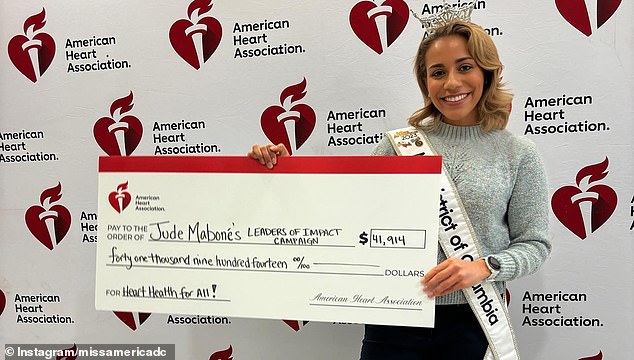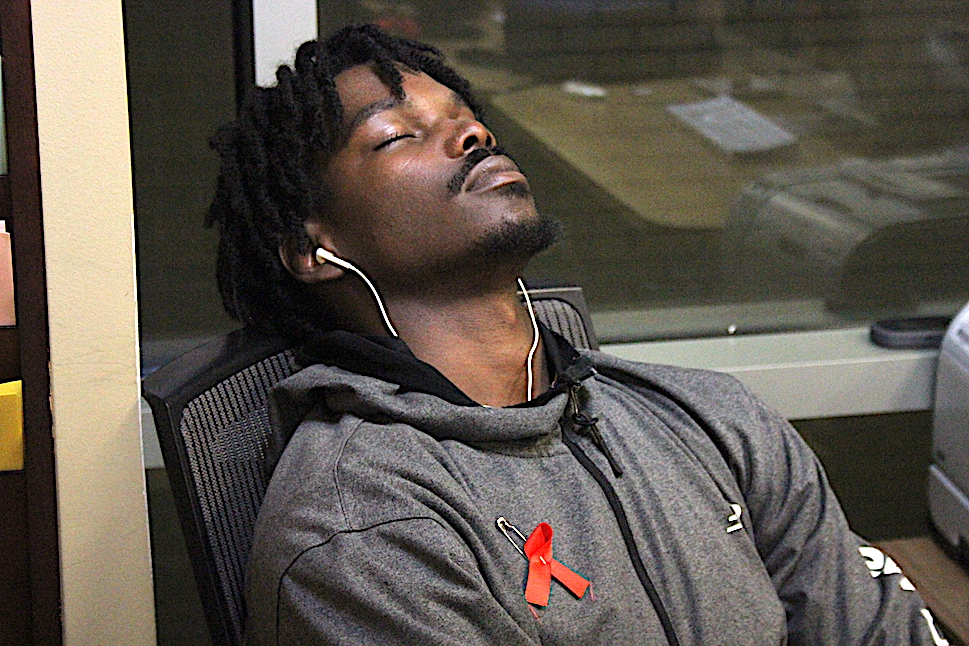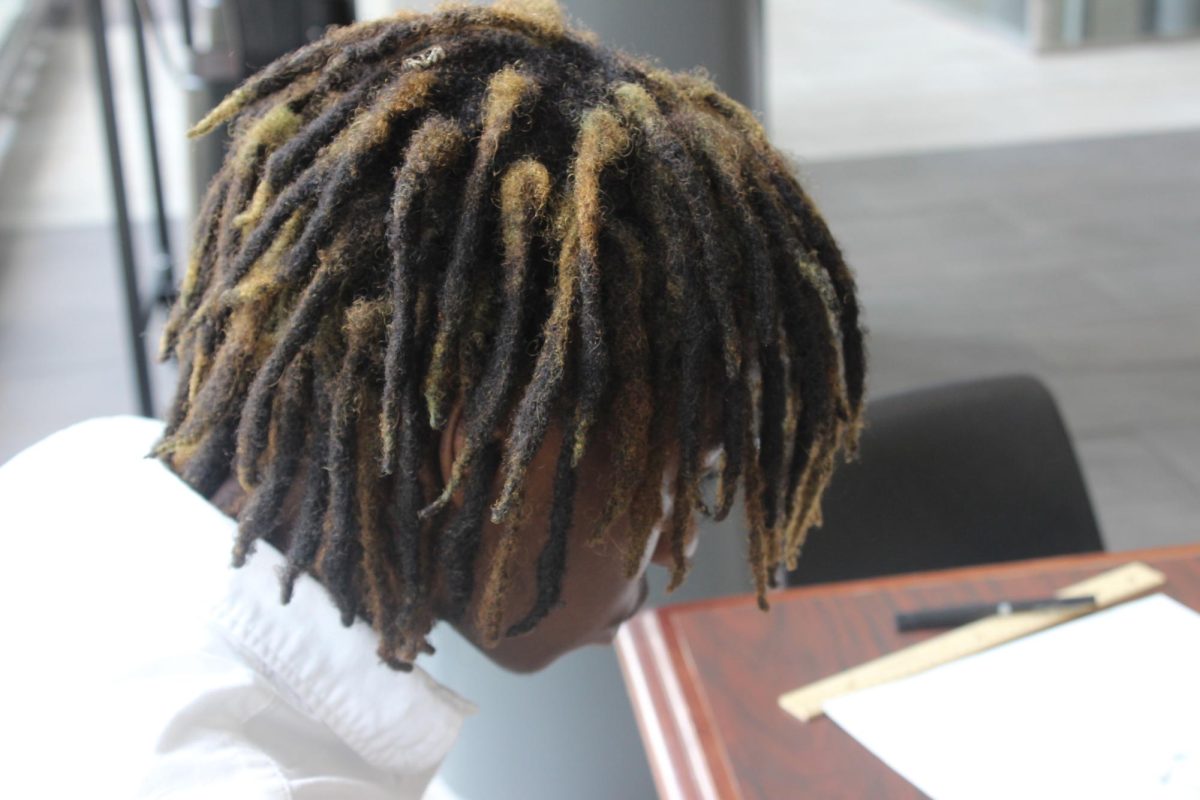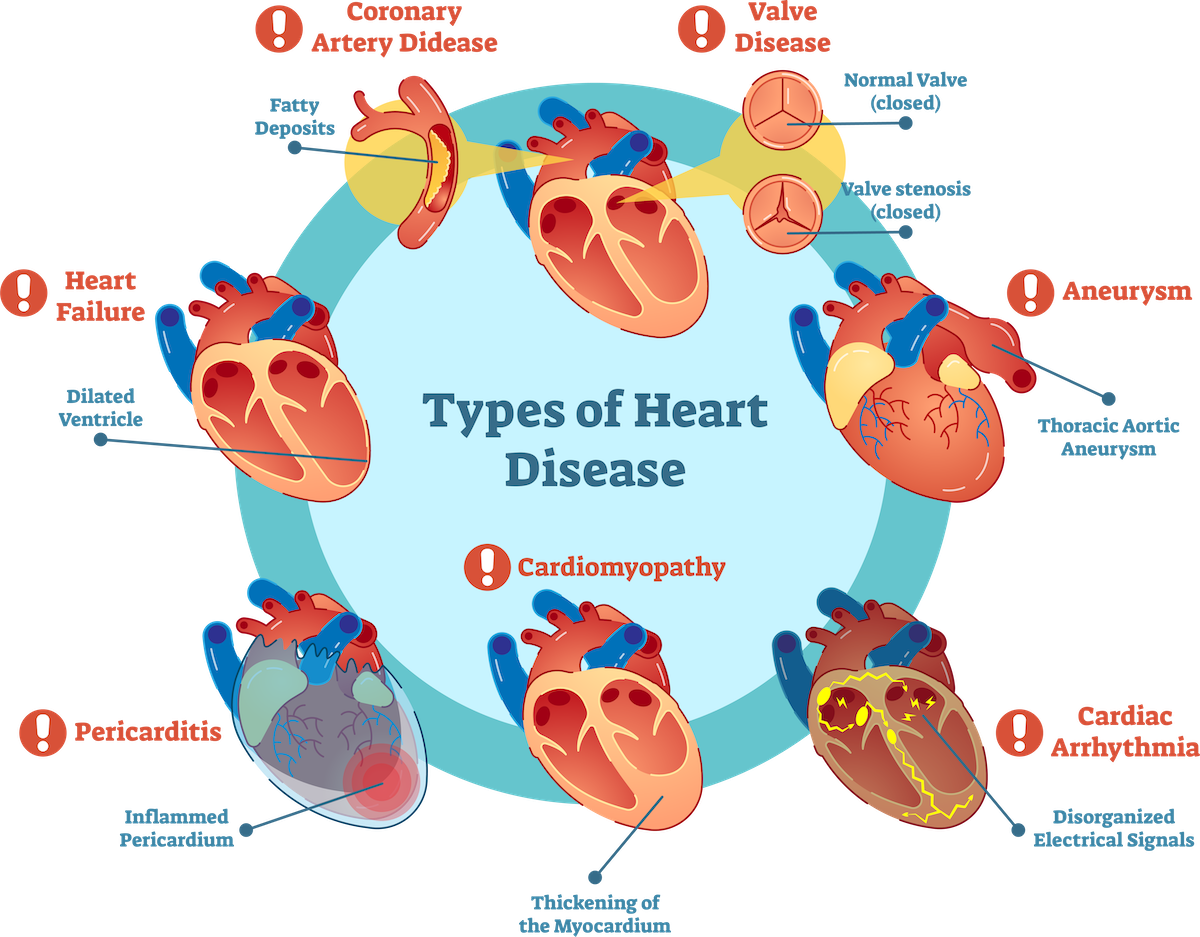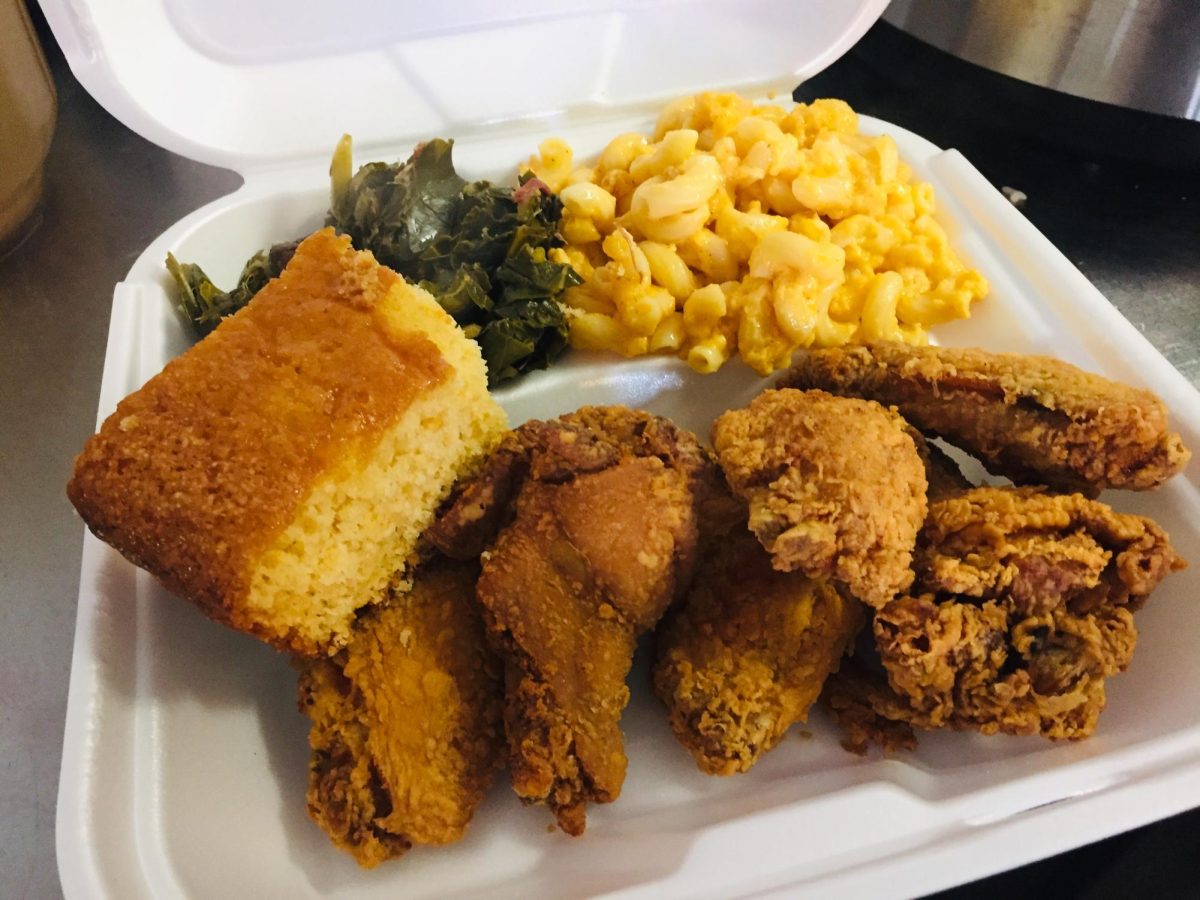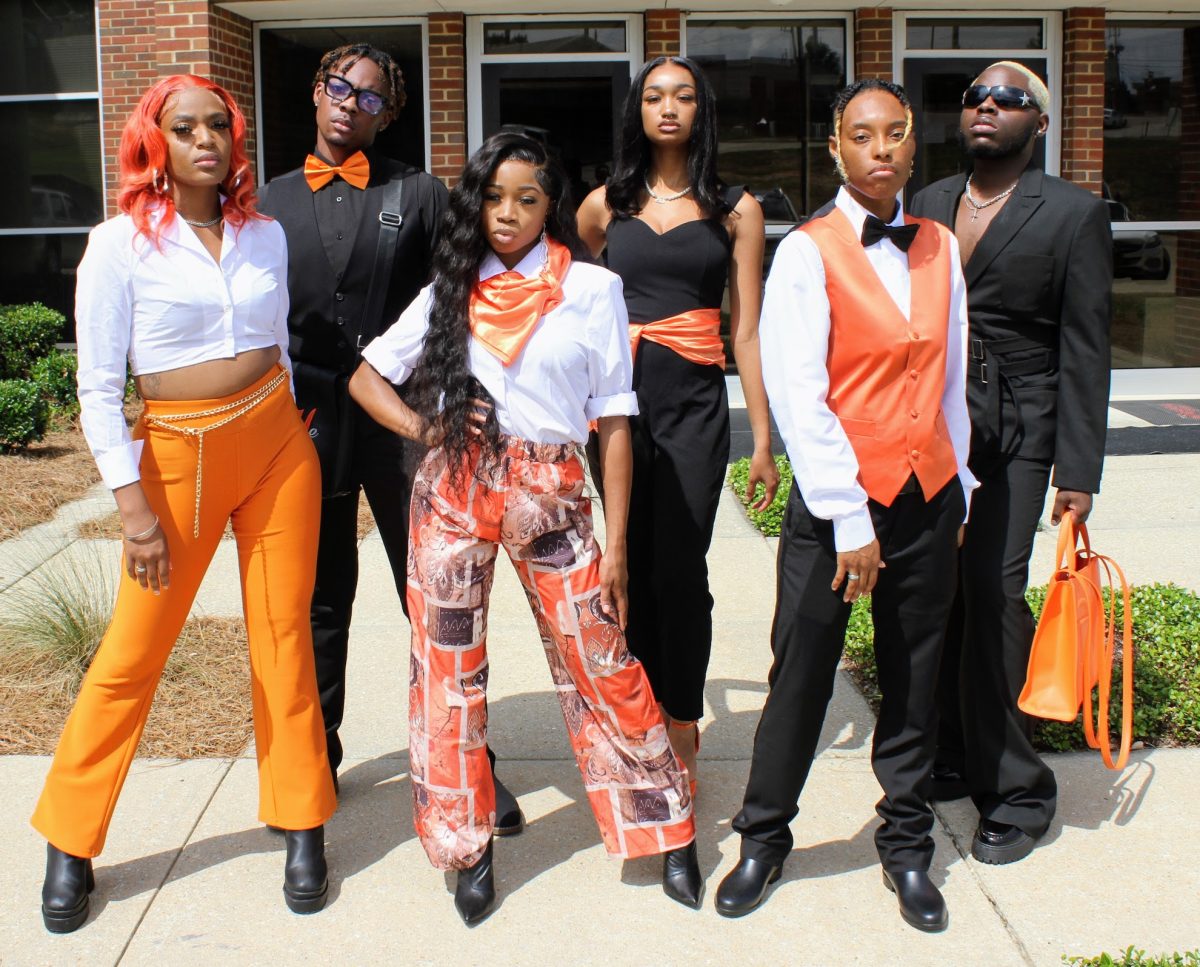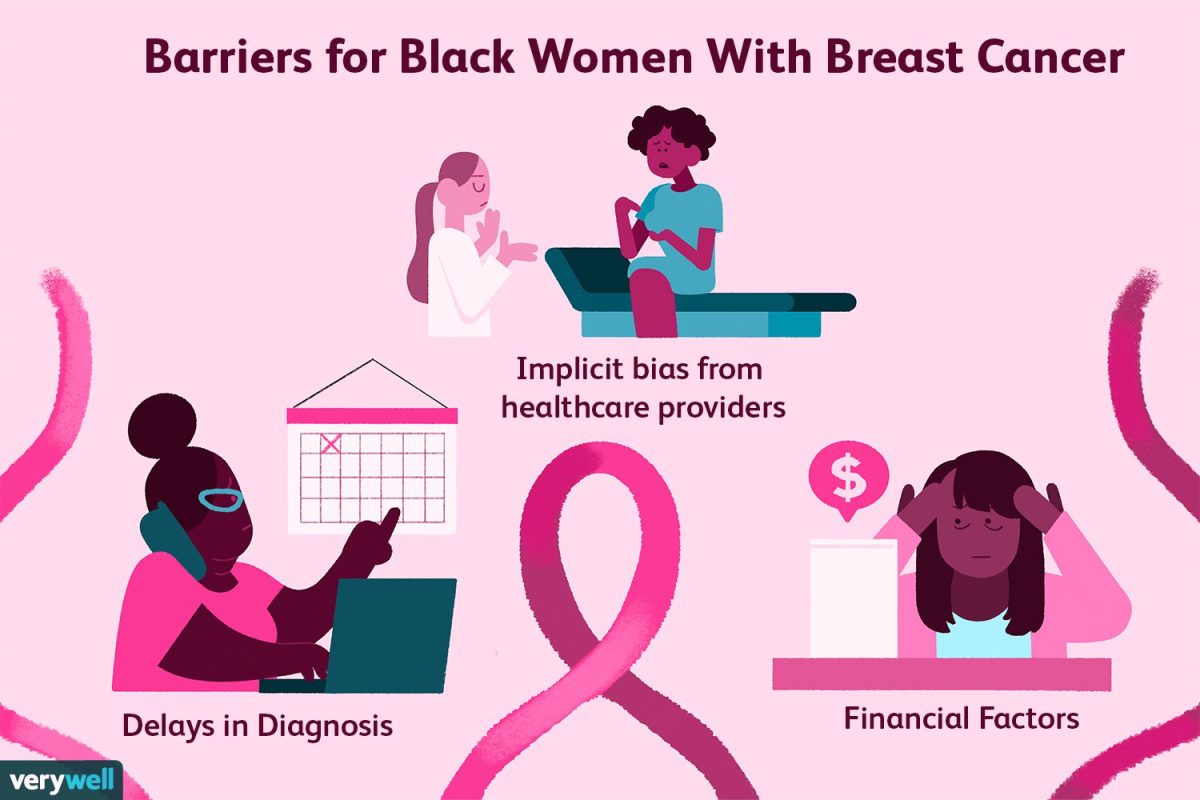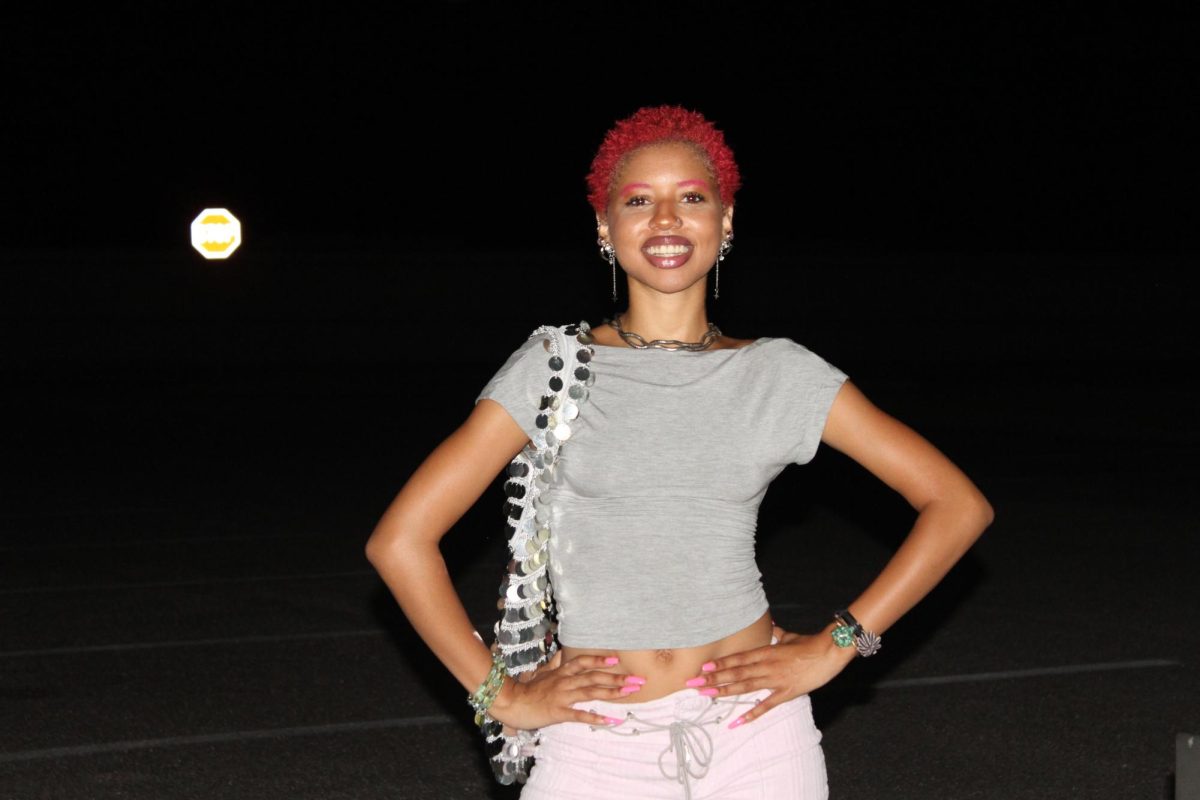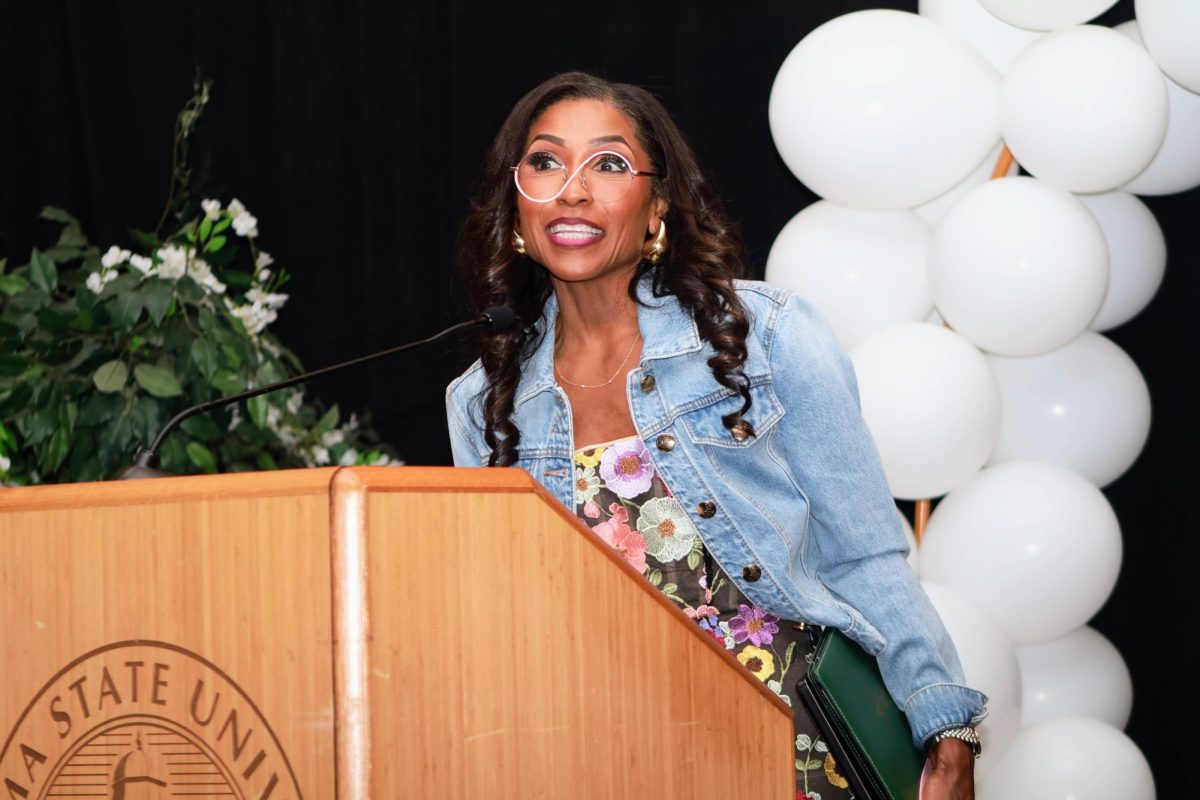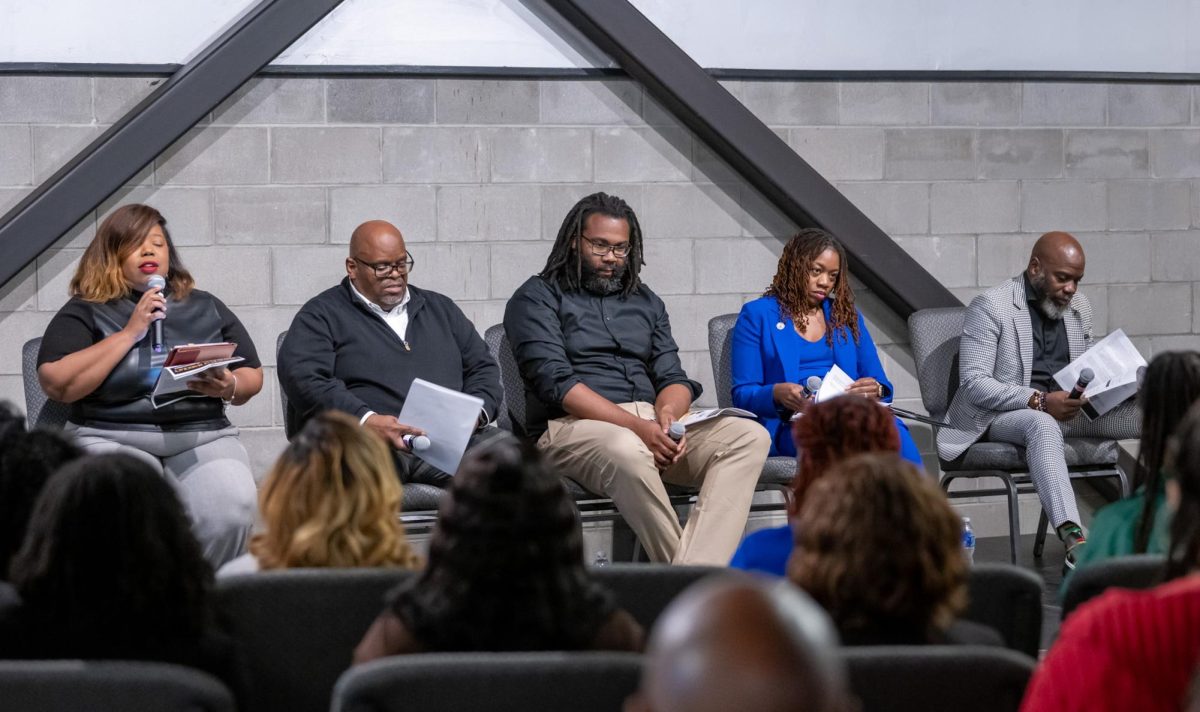Valentine’s Day, a celebration of love and affection, holds particular significance within the context of Black culture. For centuries, Black love has been a testament to resilience, strength and solidarity in the face of adversity. This article delves into the intricate connection between Black love and Valentine’s Day, highlighting the cultural significance, historical context and contemporary manifestations of love within the Black community.
The history of Black love in America is deeply intertwined with the legacy of slavery, segregation and systemic oppression. Despite enduring unimaginable hardships, Black individuals and communities have consistently demonstrated unwavering love, devotion and support for one another. From the bonds forged in the crucible of slavery to the resilience displayed during the Civil Rights Movement, Black love has served as a cornerstone of survival and resistance against injustice.
Within the Black community, love encompasses a multifaceted spectrum of emotions, experiences and expressions. It encompasses romantic partnerships, familial bonds, friendships and communal solidarity. Valentine’s Day provides an opportunity to celebrate and honor these diverse manifestations of love, whether through intimate gestures of affection or collective expressions of solidarity and support.
Moreover, Valentine’s Day serves as a platform for reclaiming narratives of Black love that have historically been marginalized or erased. It provides an opportunity to challenge stereotypes and misconceptions surrounding Black relationships, highlighting the depth, complexity and beauty of Black love in all its forms. “The connection between Black love and Valentine’s Day, in my opinion, is just the type of love we share to many others, whether in a relationship or not. A lot of people go spend Valentine’s with their friends and family and love each other by spending time together,” said Chancellor Allen, who is a freshman majoring in rehabilitation services.
At historically Black colleges and universities (HBCUs), the sense of community and camaraderie among students is palpable, fostering deep and meaningful connections that transcend traditional notions of romantic love. Valentine’s Day serves as a catalyst for strengthening these bonds of friendship, mentorship and solidarity, as students come together to celebrate and uplift one another.
From dorm room gatherings to campus-wide events, HBCU students exchange tokens of affection, share heartfelt messages of appreciation and create lasting memories with friends, classmates and mentors. In this spirit of collective love and support, Valentine’s Day becomes a joyous celebration of unity and belonging within the HBCU community.
Furthermore, Valentine’s Day offers a platform for showcasing the diversity of Black love and relationships, challenging stereotypes and promoting positive representations of Black romance, intimacy and affection. Whether through campus events, social media campaigns, or artistic performances, HBCU students reclaim narratives of Black love, asserting their agency and visibility in a society that often marginalizes their experiences.
“I think there is a connection with Black love and Valentine’s Day because every Black couple come together and express their feelings with gifts, letters and even dates,” said Jakyra Estiverne, a freshman majoring in theatre.
In conclusion, the connection between Black love and Valentine’s Day is characterized by love, unity and cultural pride. Within the vibrant tapestry of HBCU campuses, Valentine’s Day serves as a celebration of community, friendship and solidarity, fostering deep and meaningful connections among students and affirming the rich heritage and contributions of the Black community.
As HBCU students come together to celebrate love in all its forms, they embody the spirit of resilience, empowerment and collective upliftment that defines the HBCU experience. Through their celebrations and expressions of love, HBCU students reaffirm their commitment to creating a more inclusive, equitable and loving world for generations to come.




